Wetlands are among the most fragile and threatened ecosystems on Earth, disappearing three times faster than forests. Since the 1970s, 35% of the world’s wetlands have vanished due to urbanization, pollution, and poor water management, yet these habitats are biodiversity hotspots essential for climate resilience, freshwater biodiversity, and wildlife conservation.
In this episode, we sit down with Sarah Fowler, CEO of the Wildfowl and Wetland Trust (WWT), to explore the importance of wetlands, their role in biodiversity conservation, and the urgent need for wetland biodiversity preservation. From vast peatlands and salt marshes to backyard ponds, wetlands support over 40% of global species and provide ecological “superpowers”: storing carbon at rates far exceeding forests, buffering floods and droughts, purifying water, reducing temperatures, and sustaining millions of livelihoods.
We trace the history of WWT, founded by conservation pioneer Sir Peter Scott, who recognized wetlands as critical landscapes where wildfowl and biodiversity thrive. Sarah explains how WWT’s mission combines wetland conservation and wildfowl preservation with public engagement, birding, and wetland ecology research. Their 10 UK wetland sites and global projects in Madagascar, Cambodia, and the Mekong Delta showcase how wetland restoration and biodiversity management can deliver nature-based climate solutions at scale.
The conversation highlights the role of wetlands as biodiversity hotspots and their central contribution to wetland biodiversity conservation, while also showing how these habitats act as frontline defenses against the climate crisis by storing carbon and buffering extreme weather. Sarah shares the success of WWT’s common crane reintroduction project, which has restored wildfowl populations through science-led bird conservation, and discusses innovative initiatives such as the Blue Prescribing and Blue Recovery projects, which use wetland ecosystems to promote human well-being and preventative healthcare. She also describes the challenges of wetland restoration, from planting seedlings and constructing natural flood defenses to working with local farmers on sustainable practices, emphasizing the importance of community engagement, volunteering, and raising awareness to safeguard wetland ecosystems.
Sarah stresses that fewer than half of people in the UK know what a wetland is, making public outreach vital to biodiversity preservation. Whether through birding, supporting wildlife conservation projects, or championing wetlands internationally, individuals can play a direct role in biodiversity conservation.
From freshwater biodiversity in the Mekong Delta to wetland birds in the UK, this episode highlights how conserving fragile wetland ecosystems is not just about protecting wildlife but also about safeguarding human futures. Wetlands International and WWT’s work demonstrates how biodiversity management and nature-based solutions can combat climate change while preserving wildfowl and wetland ecosystems for generations to come.
If you care about wildlife conservation, wetland birds, wildfowl conservation, and nature-based climate solutions, this conversation offers insights, hope, and practical ways to support wetland biodiversity conservation worldwide.
#wetlands #wetlandsinternational #wetlandsandwildfowl #wildfowl #wildfowlconservation #wetlandecology #wetlandecosystem #wetlandbiodiversity #wetlandconservation #wetlandbiodiversityconservation #biodiversity #biodiversityhotspots #biodiversityconservation #biodiversitymanagement #biodiversitypresevation #freshwaterbiodiversity #climatechange #climatecrisis #naturebasedsolutions #naturebasedclimatesolution #birding #wetlandbirds #wildlifeconservation #birdconservation

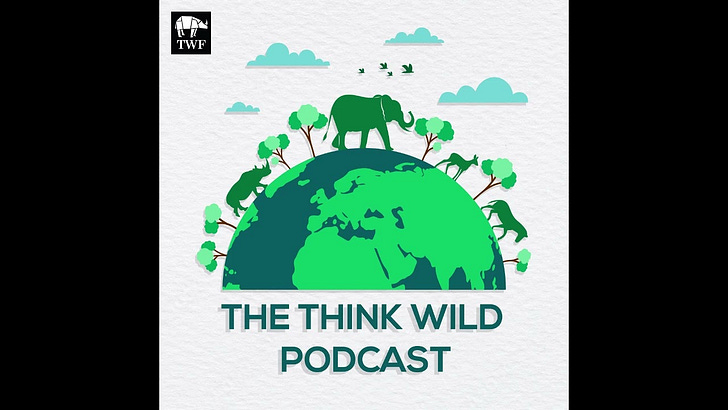
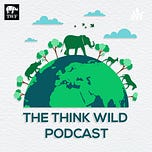


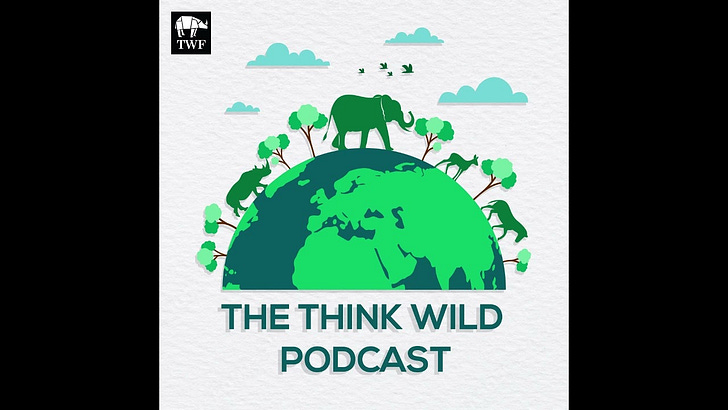
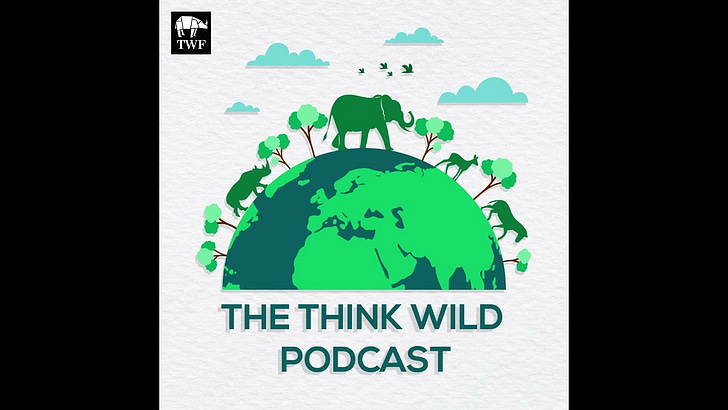
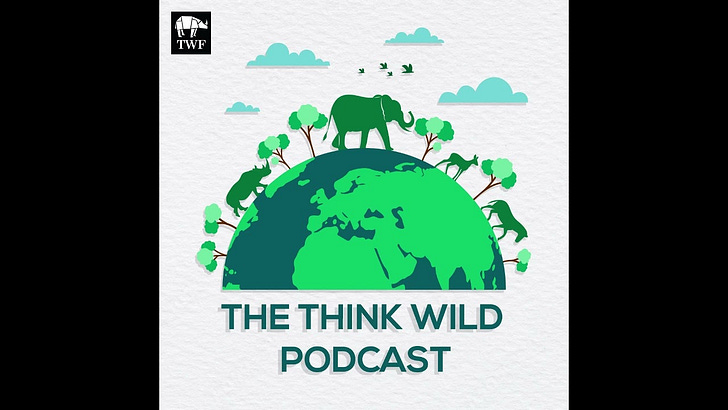

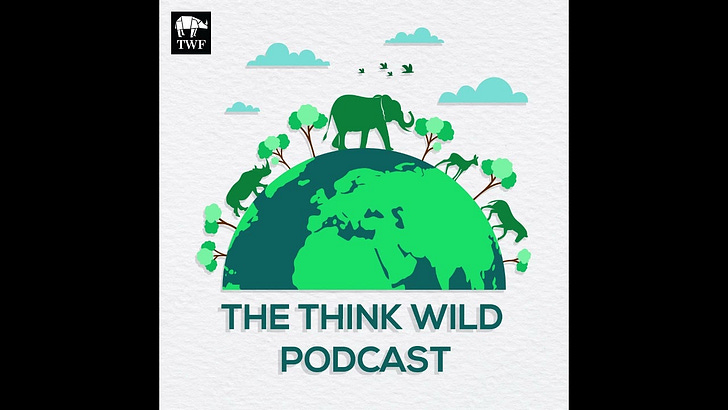
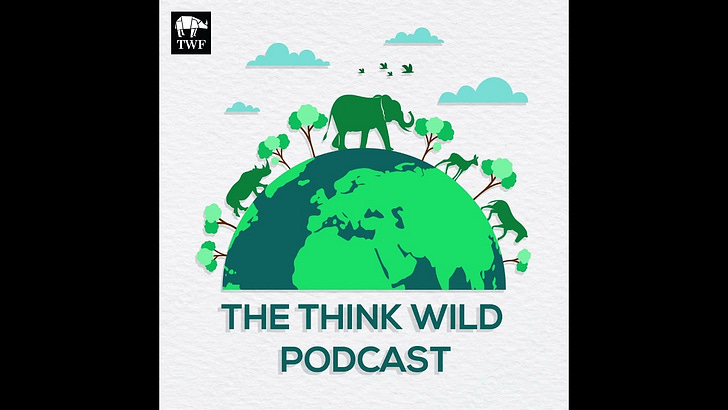

Share this post